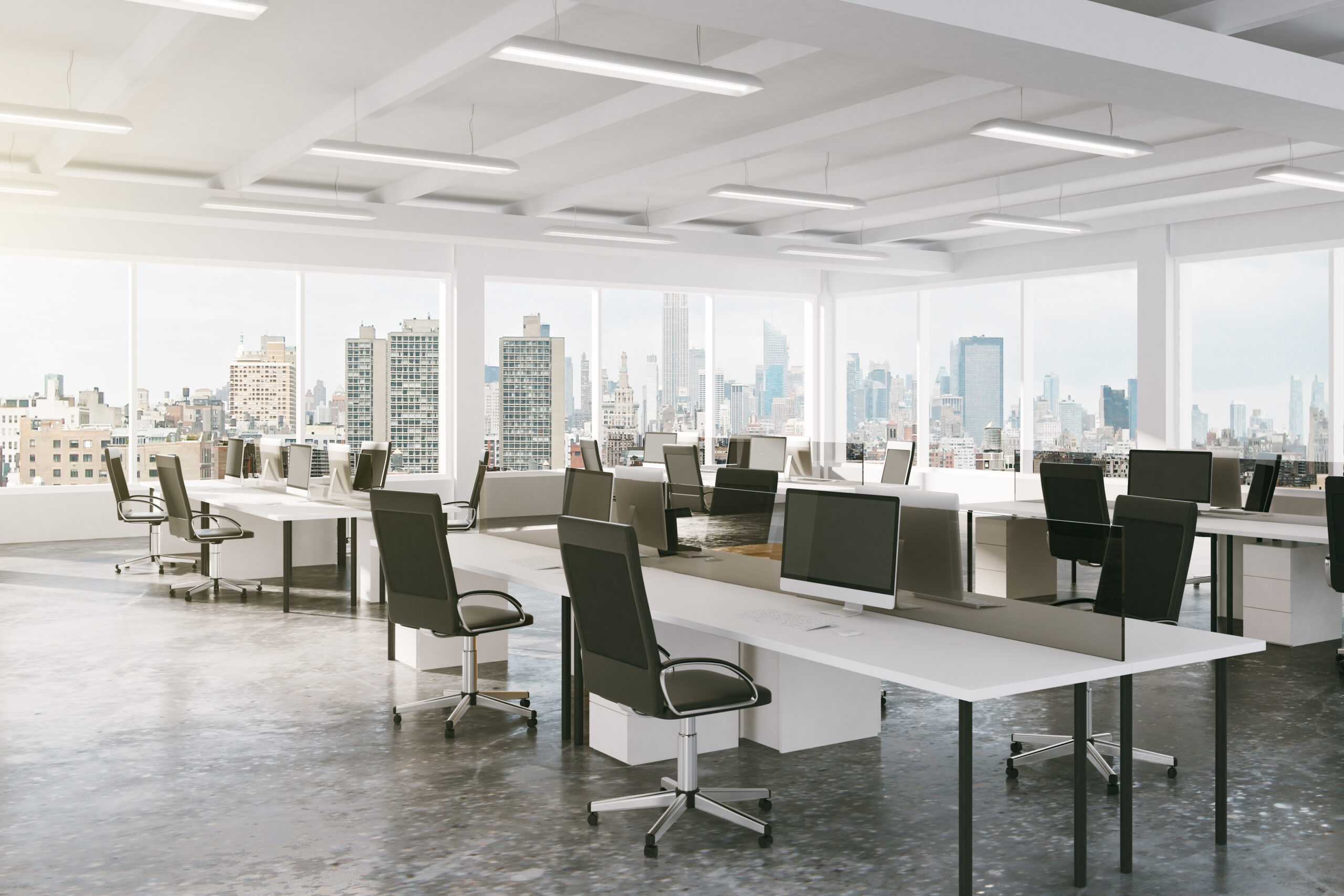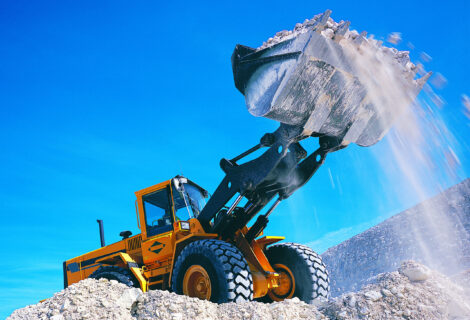Understanding IRS Tax Benefits for Leased and Purchased Equipment
Running a successful business often involves a significant investment in equipment, whether you’re operating a manufacturing plant, a restaurant, or a software development firm. The Internal Revenue Service (IRS) offers a variety of tax benefits for businesses that lease or purchase equipment, and understanding these can help you make more informed decisions about your equipment financing strategies.
Leasing Equipment and Tax Benefits
When a business leases equipment, it involves a contract where the lessor allows the lessee to use the equipment for a specified period in exchange for periodic payments. One of the main advantages of leasing is the potential for immediate tax deductions.
The IRS generally allows businesses to deduct the full amount of their lease payments each year. This can be a significant benefit, particularly for businesses in higher tax brackets. However, the specific tax benefits can vary based on the type of lease. For example, with an operating lease, a business typically deducts the full amount of lease payments. However with a capital lease, a business may be able to deduct interest paid and depreciate the leased equipment.
Buying Equipment and Tax Benefits
Purchasing equipment offers different tax benefits. One of the most significant is the Section 179 deduction. This allows businesses to deduct the full cost of certain types of property in the year they are placed in service, rather than gradually depreciating them over several years.
In addition to the Section 179 deduction, businesses can also benefit from Bonus Depreciation. This is a method of accelerated depreciation that allows businesses to deduct a significant portion of the purchase price of eligible business property in its first year of use.
Making the Right Decision
Deciding whether to lease or buy equipment can depend on many factors – not just taxation. These can include cash flow, the type of equipment needed, and how quickly the equipment becomes obsolete. It’s crucial to remember that while tax benefits can significantly impact the cost of equipment, they are not the only factor to consider.
In conclusion, businesses need to familiarize themselves with the available tax benefits for leased and purchased equipment. By doing so, they can make informed decisions that not only save them money in the short term but also drive long-term business growth.
Consult with a tax professional to understand how these factors apply to your specific situation. Every business is unique, and what works for one may not work for another. If you need financing to get the equipment you need for your business, contact Grace Street Capital Sourcing today.






